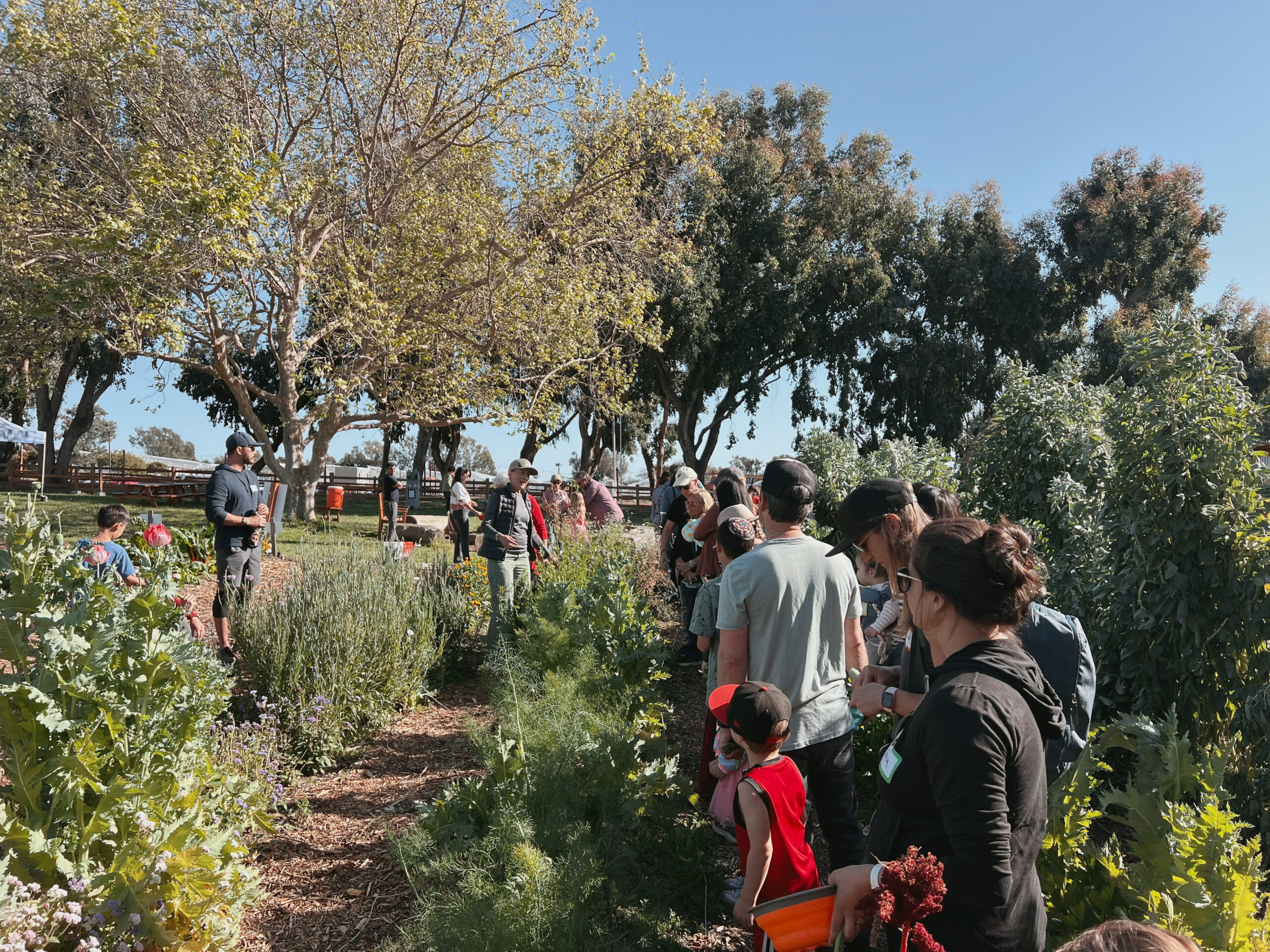By Cantor Rebecca Joy Fletcher, Director of Jewish Life
This Saturday night, as Passover begins, many across the world will gather around Seder tables to tell an ancient story of liberation—a people journeying from oppression into freedom. At the center of this ritual is matzah, or unleavened bread. In the Passover Haggadah, matzah is called the bread of affliction, recalling the suffering of the Jewish people in Egypt and their urgent flight without time for dough to rise. Paradoxically, this same bread is also known as the bread of liberation—the food carried into the desert, sustaining those escaping slavery on a path toward possibility.
What does it mean that one thing can be both affliction and freedom? That something born of pain can also carry us forward? This complexity exists within individuals and in the world around us—hunger and nourishment, injustice and liberation, needing and receiving. Every Passover, those who observe are asked to hold both truths.
As the matzah is lifted during the Seder, one of the first lines in the Haggadah is recited: Ha lachma anya—“This is the bread of affliction that our ancestors ate in the land of Egypt. Let all who are hungry come and eat.” These words are not merely symbolic—they are a moral imperative, a call to act on the Jewish value of Arevut, or mutual responsibility.
At Coastal Roots Farm, this call is taken seriously—not only during Passover, but year-round. Through the pay-what-you-can Farm Stand and free food distributions across San Diego County, the Farm works to ensure that nutritious food is accessible to all. Inspired by Rav Huna, a sage from antiquity who opened his door before each meal and proclaimed, “Let all who are hungry come and eat,” the Farm embraces the sacred responsibility to care for others. In doing so, hunger is met with dignity, and the act of providing becomes a shared nourishment for the whole community.
This year, many essential food providers and hunger-relief organizations in San Diego are facing serious challenges. Federal funding cuts have placed vital programs at risk. Sister organizations that, like Coastal Roots Farm, embody the principle of Ha lachma anya by opening their doors daily to those in need, are now being forced to scale back or shut down. The Farm stands in solidarity with these vital efforts.
The bread of affliction is not confined to the past; its invitation is ever-present. In every act of giving, divisions dissolve, and shared humanity is reaffirmed. The message of Passover—to remember, to act, and to uplift—calls for tangible expressions of care and solidarity.
This season, may those observing Passover do more than recount a story. May they savor their food, support their farmers, and stand with the organizations working tirelessly to end hunger. May homes and hearts open wider. And may communities everywhere echo the ancient call:
Let all who are hungry come and eat.
